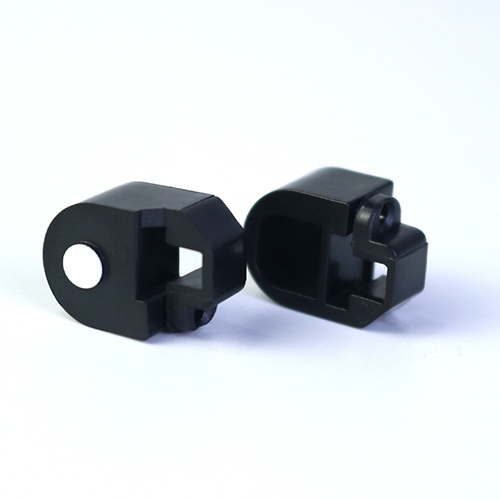
In the fast-paced world of automotive innovation, one trend is shifting gears like never before: the demand for customized auto parts. From high-performance sports cars to electric vehicles (EVs) and rugged off-road trucks, customization is no longer a luxury; it’s a necessity.
The Rise of Unique Vehicle Designs
Automakers are crafting increasingly diverse vehicle models to cater to various consumer needs. As a result, standardized parts no longer fit the bill for every design. Customization ensures that each vehicle's components align perfectly with its unique dimensions, aerodynamics, and structural requirements.
Enhanced Performance and Efficiency
Customization allows manufacturers to tailor auto parts for specific performance goals.
● Engines: High-performance vehicles benefit from custom turbochargers and intake systems, maximizing horsepower and torque.
● Suspension Systems: Tailored to different driving conditions, from smooth highways to rough off-road terrain.
● EV Batteries: Custom configurations ensure optimal energy efficiency and vehicle range.
Addressing Consumer Preferences
Modern car buyers expect vehicles to reflect their personalities. Customization caters to this demand, offering options such as:
● Unique exterior designs: Custom grilles, spoilers, and lighting systems.
● Interior luxury: Tailored seating, dashboards, and infotainment systems.
● Aftermarket modifications: From alloy wheels to performance exhausts, the aftermarket thrives on personalization.
Adapting to New Technologies
With the rapid integration of cutting-edge technologies like autonomous driving systems and connected car platforms, auto parts must evolve to accommodate new hardware and software.
Custom sensors, adaptive chassis designs, and bespoke electronic systems ensure these technologies work seamlessly within specific vehicles.
Meeting Strict Regulatory Standards
As governments tighten regulations on emissions and safety, customized parts help manufacturers comply. For example:
● Lightweight materials reduce emissions and improve fuel efficiency.
● Crash-resistant components tailored to specific vehicle structures enhance safety.
● Custom catalytic converters ensure compliance with emissions standards.
Sustainability and Resource Optimization
Customization also supports sustainable manufacturing by reducing waste. Tailored parts eliminate the need for excessive material use and ensure energy-efficient production processes.
For EVs, custom battery housings and lightweight frames contribute to a greener future.
Catering to Niche Markets
Specialized vehicles, like race cars, ambulances, and military trucks, require components designed for specific tasks. Customization enables manufacturers to address these niche markets effectively, ensuring reliability and performance under unique conditions.
The Role of Advanced Manufacturing
Technologies like CNC machining, 3D printing, and laser cutting are revolutionizing how custom auto parts are made. These methods allow manufacturers to create precise, durable, and innovative parts faster than ever before.
Conclusion: Customization is the Road Ahead
In an industry driven by innovation, customization has become essential to meet the needs of consumers, manufacturers, and regulators. Whether it's crafting unique designs, enhancing performance, or integrating the latest technologies, custom auto parts are shaping the future of mobility.
Post time: Nov-29-2024




